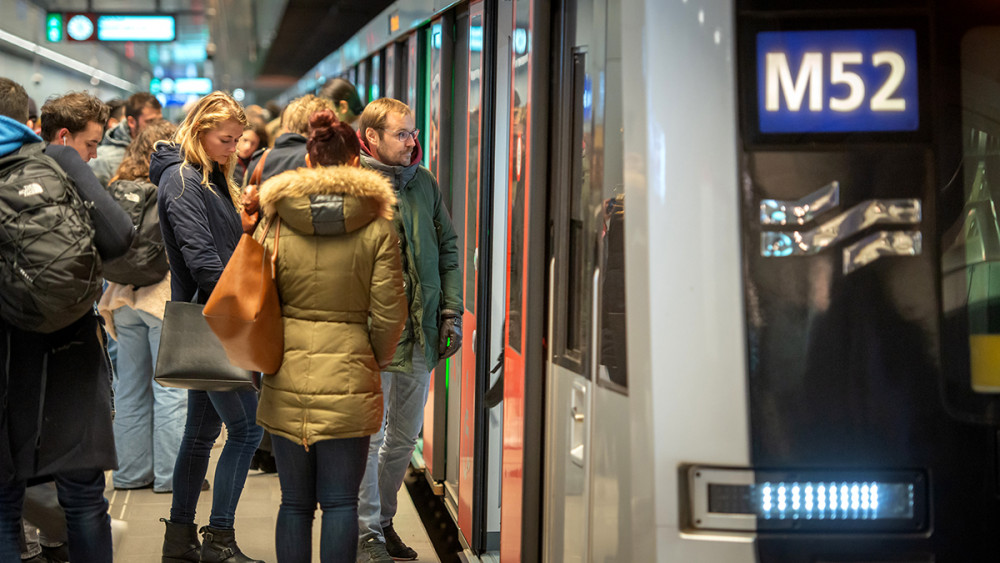Next year there may be 20 to 30 percent less public transport. The Amsterdam Transport Region warns about this. The new timetable for next year is currently being developed and will probably have to be stripped down considerably.
–
This is according to the Transport Region, a partnership between fifteen municipalities, including Amsterdam, because the cabinet does not yet say that corona support will also be provided in 2023. According to the Transport Region, this support is also desperately needed next year.
–
“We have earmarked resources to maintain public transport during covid,” said Transport Region director Egbert de Vries together with Fleur Gräper-van Koolwijk (Province of Groningen). “The cabinet around 2.5 billion, provinces and regions about 500 million. That now threatens to be wasted money. Especially now that normal life is returning after corona and people want to use public transport more and more, we have to use public transport. deliver what travelers need.”
Ticket sales not yet up to standard
According to them, merely continuing the corona support in 2022 will not lead to recovery. Ticket sales, which declined sharply during the corona crisis, are not expected to return to their previous level until 2025. As a result, after this year it would no longer be possible to continue driving according to the current timetable.
According to the Transport Region, greater use of train, tram, metro and bus is indispensable because of the ‘tasks around housing, energy and accessibility’. “Only employees and equipment that you lose due to the scaling down of public transport will then not be immediately available again. By not allocating transition resources now, limited savings may be achieved in the short term. But this creates a costly but unavoidable task for future cabinets.”
–
Traveler organization Rover is also concerned. “With 30 percent less public transport, the Netherlands will be put decades back in time in one go,” warns Rover director Freek Bos. He says the economic impact will be huge because tens of thousands of homes could not be built.
“And we will be further than ever before achieving our climate goals,” says Bos. “And I’m not even talking about the many people who lose their jobs or can no longer go to work by public transport.”
–


